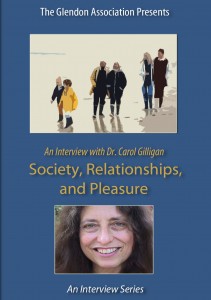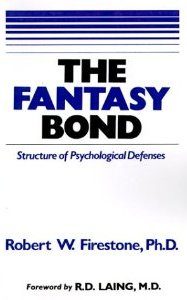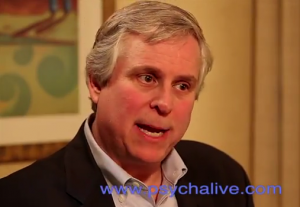Our Human Capacity for Emotional Honesty
Lisa Firestone: It seems like part of what you’re talking about is honesty.
Carol Gilligan: Yes, that’s a good name for it. I mean emotional honesty, intellectual honesty, yes, absolutely, Lisa. That’s exactly right.
LF: Because honesty doesn’t necessarily mean saying everything you think every moment but knowing what you think and letting yourself see what you see.
CG: And discovering, you know, what you really think and at least knowing that. Then as I said they you can make choices around when you want to talk. But see, what is so interesting, and this is where I think doing work with children is so key, is that, you know, it’s in our myths like the Emperors New Clothes.
Children have a sense of emotional honestly, which is why some people are scared of babies because they can read emotions honestly and you can smile at a baby but if they baby feels you’re not really in connection the baby will start screaming, you know. Or children will shy away from people where they read, the person may be presenting as if they’re very friendly and everything else but the child picks up, there’s anger or whatever.
So as humans we have a capacity for that kind of emotional honesty and emotional reading of the human world.
Order the Full DVD Interview:
 Society, Relationships and Pleasure
Society, Relationships and Pleasure
In this DVD, Dr. Carol Gilligan addresses a variety of topics including feminism, patriarchy, relationships, pleasure, parenting, and psychotherapy. She dispels myths regarding feminism that have pervaded both professional discourse and popular media for the past three decades, describing how “patriarchy creates a rift in the psyche, dividing everyone apart from themselves.” She discusses relationships and parenting, including the dynamics of mother-son and mother-daughter relationships. Finally, Dr. Gilligan addresses the dilemma of pleasure, stating that “pleasure is act one in a play that ends badly.” Emphasizing its importance, she describes how people often defend against pain by not feeling pleasure.









Leave a Reply